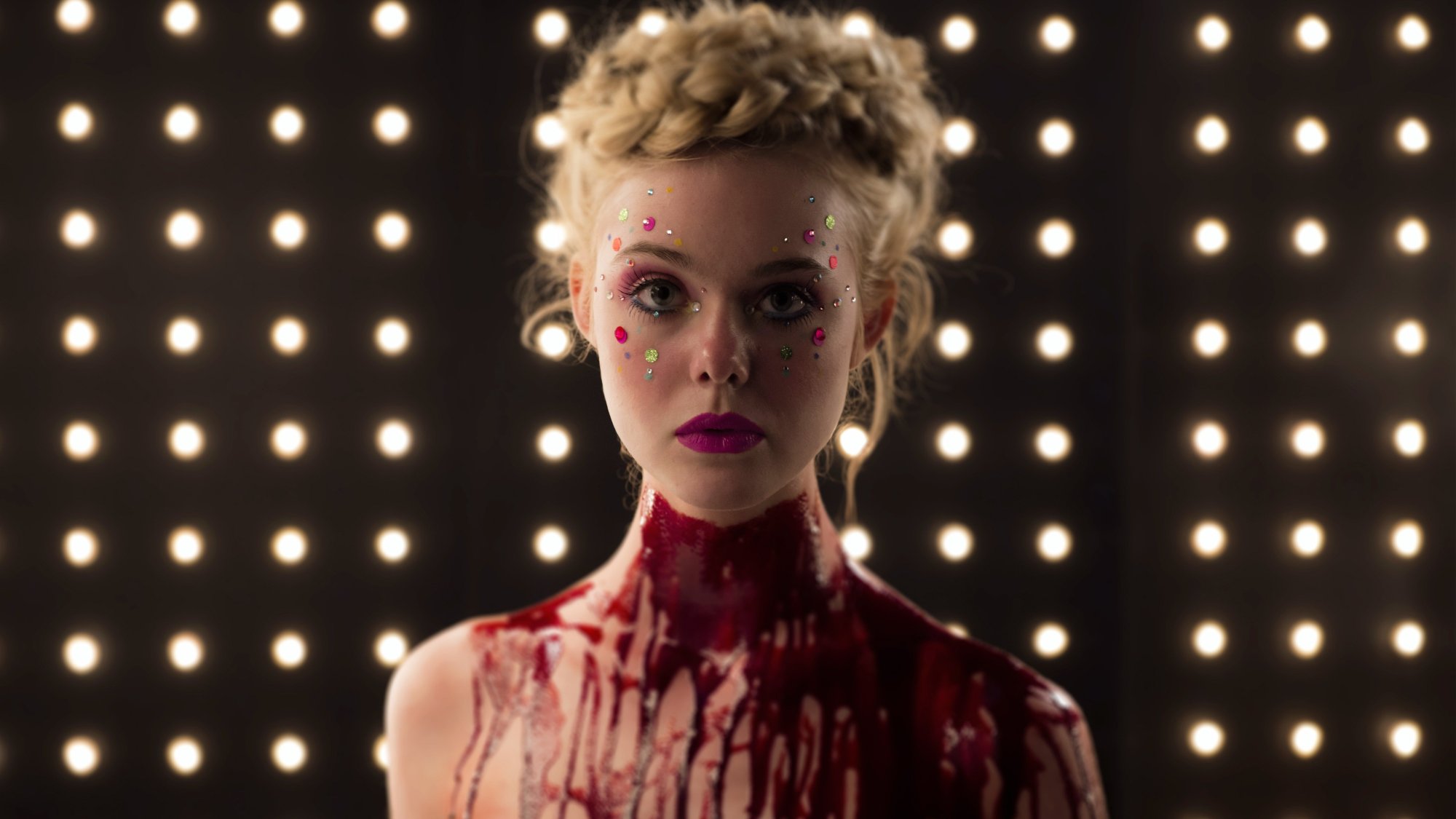
- Film
Seen in Cannes: Neon Demon, Nicolas Winding Refn’s Ode to the Gory Glory of the B Movie
Any self respecting A-list festival needs a film that rocks the boat and ruffles some feathers. Controversy can be like fuel to a Cannes festival, sparking debates that bubble late into the post-screening dinner conversations at the sidewalk cafés. That is what Neon Demon did for this 69th edition which heretofore had simmered along with some great films and some more middling efforts but nothing to really ignite the place. Enter Nicolas Winding Refn, the Danish director and self-proclaimed h “New Yorker at heart”. Refn was acclaimed here 5 years ago with Drive, a high octane neo-noir with a seventies feel featuring Ryan Gosling as a smoldering stuntman/car booster. His follow-up effort in Cannes – Only God Forgives – sharply divided critics but established Refn nevertheless as a young author to watch with talent for generating controversy. That reputation will only be consolidated by Demon.
Refn, an avowed “film nerd” with a soft spot for arcane B movies, turned the Palais’ Salle Buñuel into somewhat of a Comicon annex Tuesday with a late night screening of the Mario Bava cult sci-fi horror Pianeta Del Terrore (1966) whose glistening 4K restoration he personally produced and which he dedicated to the fellow “fanboys” in the audience announcing: “We now know where Ridley Scott ripped off the idea for Alien!”.
It was an appropriate appetizer to Refn’s Cannes main course: Neon Demon has a beating B-movie heart at the core of its stylish wrapper. We get the hint from its shocking opening shot of a blood soaked model, languidly supine on a luxurious sofa. It’s only when the camera pulls back that we understand the flashes are not those of murder scene investigators but of a fashion photographer who has created the tableau with special effects. He is hoping to bolster his portfolio with these shots of the 16-year old aspiring model, only the latest of the steady stream of pretty faces landing daily in the big city in search of fame and fortune – that fickle market of beauty where the rewards are intoxicating but the stench of inevitable failure lingers in the air.
But Jesse (Elle Fanning) is far more than a face in the crowd, possessing as she does that one-in-a-million je ne sais quoi that can launch a career and make even fashion runway veterans quiver with admiration (or is it envy?). Aided by a sympathetic make-up artist (Jenna Malone), Elle takes her first auspicious steps in the cutthroat business where throwaway girls are a dime a dozen and 23 year-olds try to stave off early retirement with strategic plastic surgeries.
Thus does Jesse begin a Valley of the Dolls-like education in the unforgiving world of beauty where photo shoots and catwalks give way to loft parties set to pulsating drum ‘n bass and dizzying flashing lights. She quickly rises through the ranks, rankling hardened – and soured – veteran models who in their mid-twenties are nearing their inevitable expiration date in the cruel factory of eternal youth. Jesse is soon signed by a model agency maven (Refn regular Christina Hendricks) that runs her business with the ruthlessness of a Madam, blithely crushing young dreams at the bat of a heavily mascara’d eyelash. To Jesse she hands a contract and a first bit of instruction, starting with lying about her age: “Say 19. 18 sounds too on the-nose”.
Even as she navigates the profession during the day, at night she has to stave off the less-than-savory night manager of the Hollywood fleabag motel she is staying at (Keanu Reeves) and romantic advances from unexpected suitors. Meanwhile initially dismissive fellow models Sarah and Gigi (Abbey Lee and Bella Heathcote) are ever more infuriated by Jesse’s meteoric rise and their jealousies soon take a sinister turn.
What starts out as a glossy, Brian De Palma-style thriller soon veers sharply into David Lynchian territory and finally into surrealist horror. It turns out this is not All About Eve, nor Star 80 after all, but another Refn taunt which embraces camp and revels in horror to the extreme. And there is nothing like cannibalism and necrophilia to set Cannes tongues wagging.
The fact that it is set against the backdrop of very real issues of the casual cruelties of the beauty industry is only destined to further fuel the controversy on whether the film gratuitously adds to the exploitation or reflects on it. Perhaps most of all Neon Demon is an unabashed proclamation of Refn’s passion for cinema’s lurid pleasure, an invitation into the director’s cabinet of delicious horrors, as well as his hall of smoke and mirrors tilted just so, to keep the audience off-balance.